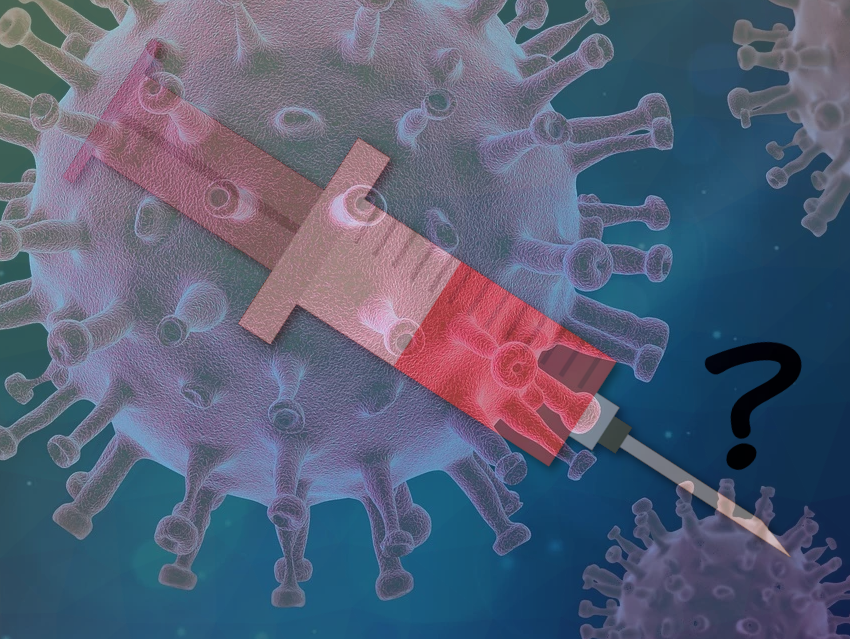Pfizer and BioNTech announced that their mRNA-based vaccine candidate BNT162b2 against SARS-CoV-2 has shown efficacy against COVID-19 in participants. This result is based on the first interim analysis of efficacy conducted by an external, independent Data Monitoring Committee (DMC) from the Phase 3 clinical trial.
The Phase 3 clinical trial with BNT162b2 started on July 27, 2020, and has enrolled 43,538 participants to date, who received either the BNT162b2 vaccine or a placebo. A second dose follows seven days after the first vaccination. By November 8, 38,955 participants had received this second dose. An updated version of the study protocol is available at https://www.pfizer.com/science/coronavirus. Pfizer and BioNTech plan to submit data from the full Phase 3 trial for scientific peer-review publication.
The case split between vaccinated individuals and those who received the placebo showed a vaccine efficacy rate of over 90% seven days after the second dose. This means that protection is achieved 28 days after the initiation of the vaccination. As the study progresses, the final percentage of vaccine efficacy may vary. The DMC has not reported any serious safety concerns and recommends that the study is continued as planned.
Pfizer and BioNTech anticipate that the amount of safety data specified by the FDA (United States Food and Drug Administration) for an Emergency Use Authorization will be available by the third week of November. Participants will be monitored for long-term protection and safety for another two years after the second dose to clarify, among other things, how long the vaccination protection lasts and whether vaccinated persons can infect others.
mRNA vaccines are a new approach: the vaccine consists of messenger RNA that carries the blueprint for parts of the viral spike protein. This mRNA is read by the human cells, which then produce the viral protein, to which the immune system then forms matching antibodies.
The advantage is that no vaccine viruses have to be cultivated. The mRNA can be produced in laboratories quickly and in large quantities from chemical starting materials. Therefore, many vaccine doses of an mRNA vaccine could be available quickly.
Based on supply projections, the companies expect to supply up to 50 million doses of vaccine worldwide in 2020 and up to 1.3 billion doses in 2021.
- Pfizer Inc., New York, NY, USA
- BioNTech SE, Mainz, Germany
Also of Interest
- Collection: SARS-CoV-2 Virus
What we know about the new coronavirus and COVID-19





Fernando P. Polack, Stephen J. Thomas, Nicholas Kitchin, Judith Absalon, Alejandra Gurtman, Stephen Lockhart, John L. Perez, Gonzalo Pérez Marc, Edson D. Moreira, Cristiano Zerbini, Ruth Bailey, Kena A. Swanson, Satrajit Roychoudhury, Kenneth Koury, Ping Li, Warren V. Kalina, David Cooper, Robert W. Frenck, Laura L. Hammitt, Özlem Türeci, Haylene Nell, Axel Schaefer, Serhat Ünal, Dina B. Tresnan, Susan Mather, Philip R. Dormitzer, Uğur Şahin, Kathrin U. Jansen, William C. Gruber,
New England Journal of Medicine 2020.
https://doi.org/10.1056/NEJMoa2034577